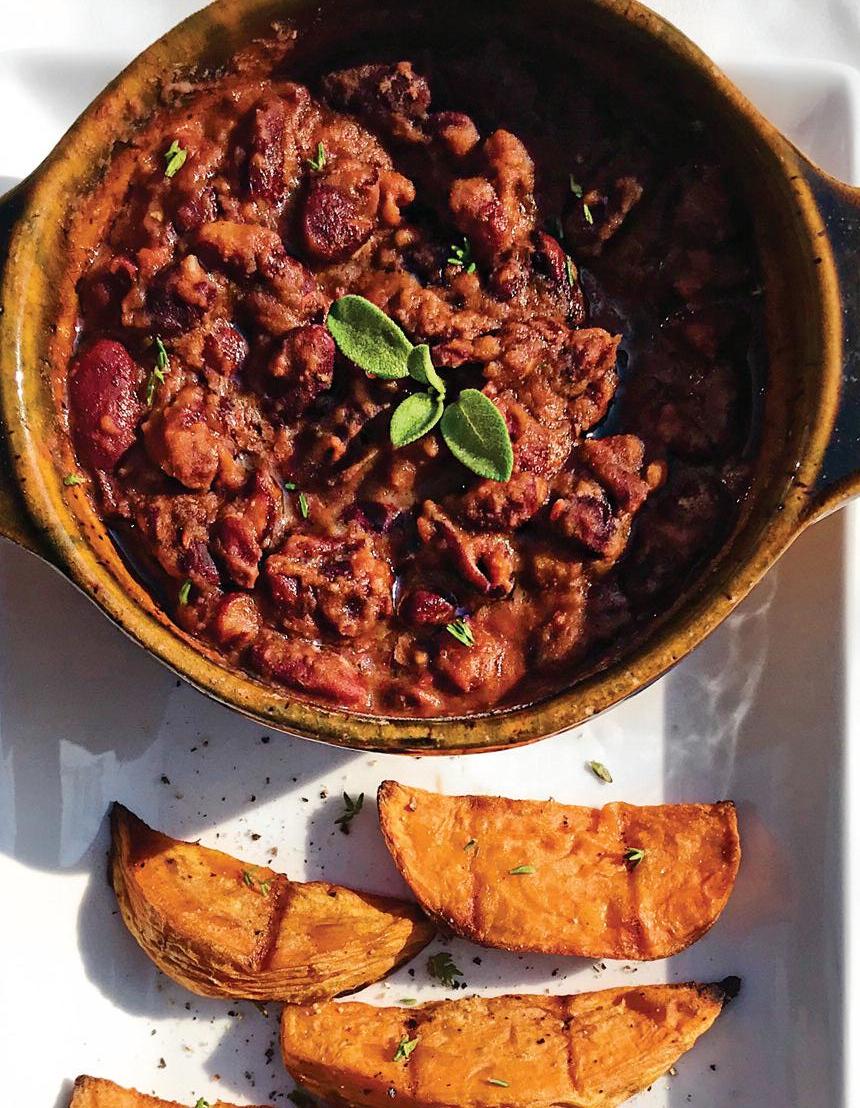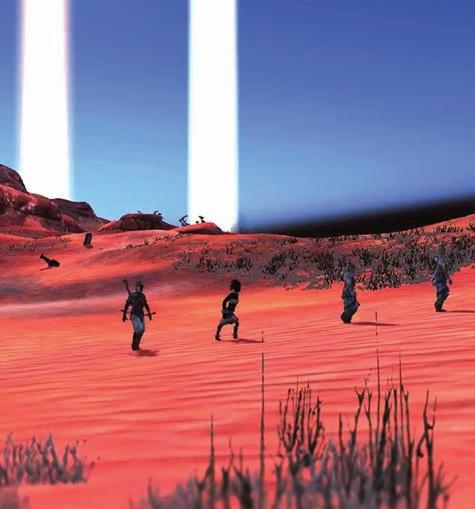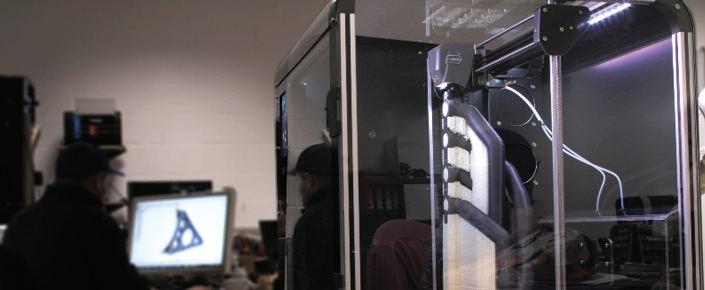
6 minute read
BRISTOL UPDATES
Cool beans
Bristol food entrepreneur Grace Ekall shares a favourite autumnal dish packed with pulses and health plusses
Advertisement
Well-being coach Grace, who also uses dance to help women with chronic illness to take control of their health, started making hot sauces shortly after her cancer diagnosis in 2005, which prompted her to research the impact of food in relation to health. Very fond of spices, but having to be careful of sugar content, she found she could no longer consume the hot sauces on the market, so, a few years ago, she launched Taste Makossa, after encouragement from family and friends. A sugar-free, vegan-friendly hot sauce made from scotch bonnet and based on an authentic family recipe, it turned out to be something that a lot of people wanted in terms of both taste and health benefits.
This month, Grace has kindly shared one of her favourite recipes – full of protein and fibre-rich beans. It’s similar in appearance to chilli con carne but Cameroonians like Grace know it as simply l’haricot.
“The dish itself is vegan, sugar and gluten-free, but the real benefits come from the spice of the fresh scotch bonnet,” she says. “This particular type of chilli pepper is rich in vitamins A, B and C, is high in dietary fibre and has great anti-inflammatory properties. You don’t have to be stringent with measurements; just let your creativity flow...”
Like Chilli, But L’haricot
Ingredients
2 cups kidney beans 2 tbsp coconut oil 2 red onions, chopped 2 garlic cloves, finely chopped or crushed Maldon sea salt, to personal taste 6 fresh tomatoes, chopped 2 tsp tomato puree 4 inches root ginger, diced 1 scotch bonnet chilli 1 stock cube 4 sweet potatoes, wedged Drizzle olive oil Sprinkle black pepper Sprig rosemary
Method
Soak dry kidney beans in water overnight, making sure the water sits above the beans. (Skipping this step would result in them being tough and chewy.) The following day, drain the softened beans and let them boil in water (four cups’ worth). Add salt, and more water as needed until the beans become tender. Adjust heat as needed. Cook and wellbeing coach Grace Ekall
In another pan, gently heat some coconut oil. Add half the chopped onions and let them turn light brown. While the chopped onion is browning, blend the remaining onions, garlic, tomatoes, root ginger, scotch bonnet chilli and puree together. Add the blended mix into the pan of frying onion. Let it sizzle for a few minutes, stirring gently.

Next, add the stock and salt to taste, then place the lid on the pot and let simmer in low heat for 20 minutes. Then, add the pre-cooked beans and keep cooking on low heat for another 20 minutes. For the suggested accompaniment of sweet potato wedges, drizzle olive oil onto your prepared wedges. Sprinkle the salt, pepper and rosemary (or herb of your choice) on to taste. Place on baking tray and into the oven pre-heated at 200˚C. Cook for 20-30 minutes on medium heat. ■ • Follow @tastemakossa on Instagram and share your recipe versions using the hashtag #tastemakossarecipes
BRISTOL UPDATES
NEWS FROM LOCAL BUSINESSES AND COMMUNITY ORGANISATIONS
The Kenshi game’s red desert landscape

REOPENING THIS MONTH
M Shed, Bristol Archives and Bristol Museum & Art Gallery are opening their doors to visitors – M Shed and Bristol Archives on 8 September, and Bristol Museum on 15 September – having undergone rigorous risk assessments to make sure that they are Covid-secure, with visitor numbers limited and visits to be booked in advance. There will be priority timeslots for vulnerable groups and children with special educational needs. ‘Wildlife Photographer of the Year 2019’ has been extended until 4 October at M Shed; ‘Do You Believe In Magic?’ and ‘Being Human’ at Bristol Museum until 28 February and 5 April respectively. Meanwhile, Watershed reopened on 1 September with a host of brilliant films that are at their best seen in the unique shared experience of a darkened cinema. Open Tuesday-Sunday, Watershed will run its cinema programme Thursday-Sunday. Visitors will find one-way systems, sanitising stations, new signage, changes to the way the toilets are used, pre-booking, contactless payment and table service, meaning visitors can now order food on their phone, laptop or tablet if they wish. Film highlights include Suhaib Gasmelbari’s documentary Talking About Trees and Céline Sciamma’s Portrait of a Lady on Fire. “Lockdown enabled us to develop new ways of engaging with remote audiences and we don’t want that to stop,” said CEO Clare Reddington. “We will continue to work with distributors to present films online where available, and our Studio Lunchtime talks will also continue online for now. We are also beginning research into how we produce accessible hybrid events – designed for audiences both in venue and online.”
• bristolmuseums.org.uk; watershed.co.uk
BRISTOL GAME BIG IN JAPAN
Two years after their official release, Bristol-based studio Lo-Fi Games has recorded sales surpassing £1.5 million in Japan. Founder Chris Hunt spent over a decade singlehandedly crafting the complex, post-apocalyptic landscape of flagship game Kenshi while working night shifts as a security guard and it wasn’t until the game’s ‘early access’ release on Steam in 2012 that he was able to expand the team, bringing sister Natalie on board as director. As a community of fans emerged, there was marked interest coming from gamers in Japan, the third largest gaming market in the world. Ahead of Kenshi’s release in 2018, the Department for International Trade assisted Lo-Fi Games with a bursary to exhibit at the Tokyo Game Show which led to over 89,000 downloads.
“Kenshi is a unique offering in Japan where linear and console games tend to be more popular,” said Natalie, now working on Kenshi 2. “It has been enthusiastically received by players increasingly interested in ‘open world’ games like ours. We have always strived to create a game that we are passionate about, free from the pressures of investors. Our success overseas has enabled us to maintain our independence.”
• lofigames.com
IMPROVING PROCEDURE
Image: CEL UK

Researchers from UWE Bristol are exploring how 3D technology can be used to improve surgical training by creating organ simulators which look and feel like real body parts. The three-year project is one of a number of PhDs funded by the Appearance Printing European Advanced Research School.
The aim is to create interconnected model organs which mimic the appearance, elasticity and consistency of human tissue, thereby giving surgeons a realistic simulation on which to practice more complex procedures. Led by senior research fellow David Huson, the project builds upon previous pilot studies into how 3D technologies can be used to develop low-cost, high-fidelity surgical simulation models. “This is a cross-disciplinary project, and we will be working closely with scientists, artists and surgeons to develop and test a working prototype,” said David. “Physical organ simulators offer a more ethical alternative to human cadavers or animal subjects which are often expensive to obtain and difficult to access.’’
PhD researcher Marine Shao, who is also working on the project, said: ‘‘While there are a number of commercial organ simulators available, they tend to reproduce just the most common procedures and do not accurately replicate the properties and feel of human tissue. This research project will address those limitations and develop a low-cost method of producing organ simulations which are cheaper to produce and more realistic than existing simulators.”










